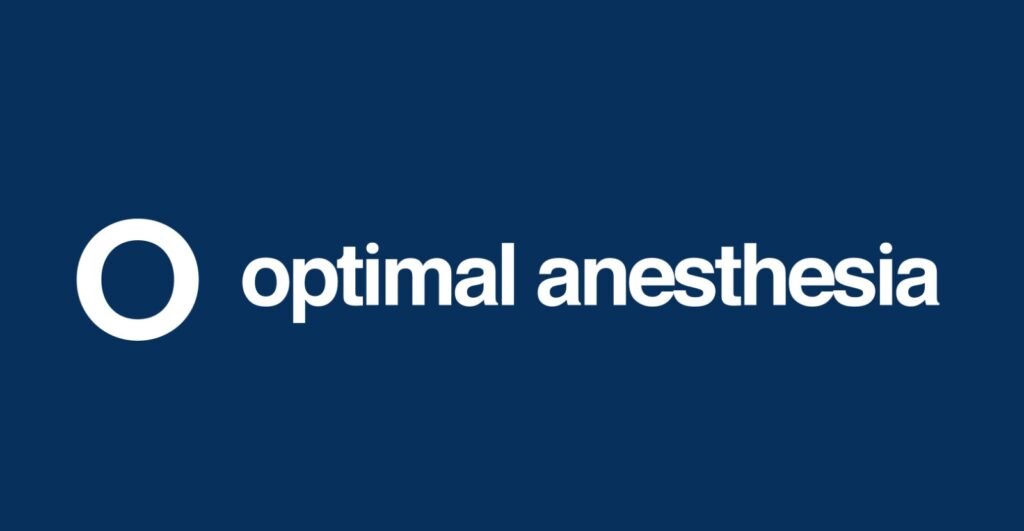Introduction:
The thyroid gland plays a crucial role in the synthesis and regulation of thyroid hormones, triiodothyronine (T3) and thyroxine (T4). These hormones have a significant impact on anesthesia pharmacology, influencing various aspects of drug metabolism, cardiovascular parameters, and drug sensitivity. In this article, we explore how thyroid hormones affect both inhalational and intravenous anesthetics and discuss their implications for anesthesia management.
Synthesis of Thyroid Hormones (T3 and T4):
The thyroid gland synthesizes T3 and T4 through a multi-step process involving iodine and thyroglobulin.
| Step | Description |
|---|---|
| Iodide (I ̅) Uptake | – Iodide actively transported into thyroid follicular cells. |
| – Uptake stimulated by thyroid-stimulating hormone (TSH). | |
| Iodide (I ̅) Oxidation | – Iodide oxidized to reactive iodine (I2). |
| – Thyroid peroxidase and hydrogen peroxide (H2O2) involved; TSH promotes the reaction. | |
| Iodine (I2) Reaction with Tyrosine | – Iodine (I2) reacts with tyrosine residues in thyroglobulin protein. |
| – Forms mono-iodotyrosine (MIT) or di-iodotyrosine (DIT). | |
| Oxidative Coupling | – Two iodinated tyrosine molecules coupled. |
| – DIT + DIT → T4 (thyroxine). | |
| – MIT + DIT → T3 (triiodothyronine). | |
| – TSH promotes this oxidative coupling of tyrosine residues. |
Regulation of Plasma Concentration of Thyroid Hormones:
Thyroid hormone levels are tightly regulated through a feedback loop involving the hypothalamus, anterior pituitary, and the thyroid gland.
| Step | Description |
|---|---|
| Hypothalamus | – Secretes thyrotropin-releasing hormone (TRH) in response to the body’s need for thyroid hormones. |
| Anterior Pituitary | – Releases thyroid-stimulating hormone (TSH) in response to TRH. |
| Thyroid Gland | – TSH acts on thyroid, stimulating production and release of T3 and T4. |
| Negative Feedback | – T3 exerts negative feedback on hypothalamus, inhibiting TRH release. |
Common Thyroid Disorders:
Thyroid disorders can disrupt this feedback loop, leading to hypo- or hyperthyroidism.
| Disorder | Description | Diagnostic Indicator |
|---|---|---|
| Hypothyroidism | – Often due to Hashimoto’s thyroiditis (autoimmune). | – Elevated TSH levels. |
| – Results in reduced T3 and T4 secretion. | ||
| – Hypothalamus and anterior pituitary increase TRH and TSH secretion, respectively. | ||
| Hyperthyroidism | – Typically caused by Graves’ disease (autoimmune). | – Low TSH levels. |
| – Leads to increased synthesis and secretion of T3 and T4. | ||
| – Hypothalamus and anterior pituitary decrease TRH and TSH secretion, respectively. |
Impact on Anesthesia Pharmacology:
Thyroid hormones have a profound influence on anesthesia pharmacology, affecting both inhalational and intravenous anesthetics.
| Aspect of Anesthesia Pharmacology | Influence of Thyroid Hormones | Impact on Inhalational Anesthetics | Impact on Intravenous Anesthetics |
|---|---|---|---|
| Metabolic Rate and Drug Metabolism | – Thyroid hormones regulate metabolic rate. | – Hyperthyroidism can lead to increased drug metabolism, potentially shortening the duration of action of inhalational anesthetics. | – Hyperthyroidism can also increase the metabolism of intravenous anesthetics, potentially requiring higher doses or continuous infusions to maintain anesthesia. |
| – Hypothyroidism may slow drug metabolism, prolonging the effects of inhalational anesthetics. | – Hypothyroidism-related reduced metabolism may necessitate lower doses of inhalational anesthetics. | – Hypothyroidism can result in reduced clearance of intravenous anesthetics, potentially leading to prolonged effects. Dosing adjustments may be needed. | |
| Cardiovascular Effects | – Thyroid hormones affect heart rate, cardiac output, and blood pressure. | – Hyperthyroidism can result in increased cardiovascular parameters, including heart rate and blood pressure. | – Increased cardiovascular parameters in hyperthyroidism may require adjustments in the dosage of intravenous anesthetics, similar to inhalational agents. |
| – Hypothyroidism may lead to bradycardia and reduced cardiac output. | – Hypothyroidism-related bradycardia may necessitate the use of lower doses of inhalational anesthetics to avoid excessive depression of heart rate and blood pressure. | – Hypothyroidism-related bradycardia can affect the choice and dosage of intravenous anesthetics. | |
| Drug Sensitivity | – Thyroid hormones can influence sensitivity to anesthesia drugs. | – Hyperthyroid patients may be more sensitive to central nervous system depressants, including inhalational anesthetics. | – Hyperthyroid patients may also be more sensitive to intravenous anesthetics. Dose reduction may be required to prevent excessive sedation and respiratory depression. |
| – Hypothyroid patients may require higher drug doses. | – Hypothyroid patients may need higher concentrations of inhalational anesthetics to achieve the desired level of anesthesia. | – Hypothyroid patients may require higher doses of intravenous anesthetics to achieve the desired effect. | |
| Thyroid Storm and Anesthesia | – Thyroid storm is a rare but life-threatening complication of uncontrolled hyperthyroidism. | – Anesthesia induction and management in thyroid storm can be challenging due to extreme elevations in cardiovascular parameters. | – Inhalational and intravenous anesthetics should be used cautiously in thyroid storm cases due to the potential for cardiovascular instability. |
| – Collaboration with endocrinologists and intensivists may be necessary. | |||
| Monitoring Thyroid Function | – Preoperative assessment of thyroid function is essential. | – Abnormal thyroid function may require adjustments in the choice and |


